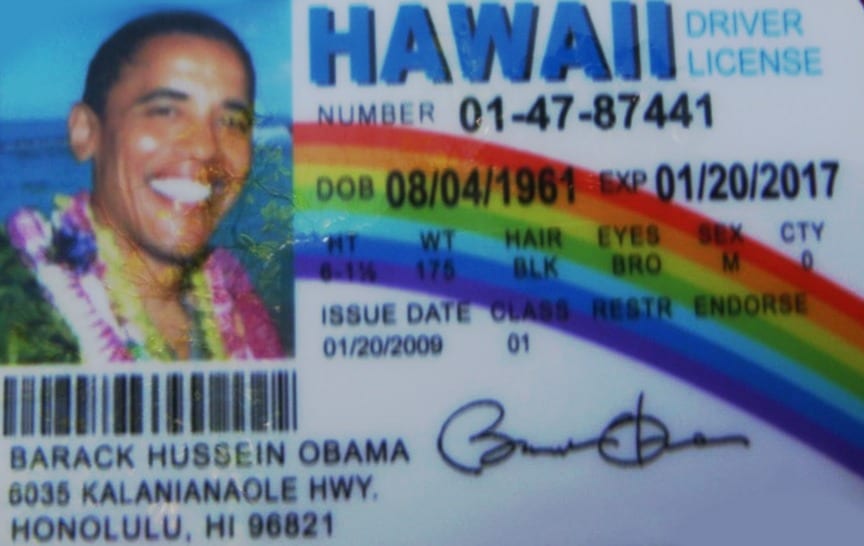
This legislation puts tremendous pressure on agencies to agree to union demands in order to avoid court, especially those smaller agencies, cities and counties that don’t have deep pockets like the unions.ĬALIFORNIA’S PENDING ANTI-JANUS LEGISLATIONĪB-1937 Public employment: payroll deductions – passed Assembly Note this “loser pays” provision only applies to the employer, not the union. In this law, from now on, if a union makes an offer to settle a dispute alleging an employer’s failure to provide wages, benefits, or working conditions, and if the employer does not accept the offer and fails to obtain a more favorable judgment, the employer must pay the union’s attorney’s fees and expenses incurred after the offer was made. SB-550 Public school employment: meeting and negotiating: legal actions: settlement offer: attorney’s fees – enacted This board, PERB for short ( see footnotes “PERB Board”), is stacked with labor activists and is very unlikely to ever rule in favor of a public employer vs. Worse, this bill would grant the Public Employment Relations Board jurisdiction over alleged violations of its provisions instead of the courts.

#CALIFORNIA ANTI GRIDLOCK LAW FULL#
Employers are already forced to be extremely careful how they communicate the pros and cons of unionization, but now they’ll be even more hamstrung, while the unions have full access to employees to argue and advocate their position. Layering on top of existing federal law but making it even more explicit and restrictive, this bill would prohibit a public employer from deterring or discouraging public employees from becoming or remaining members of an employee organization.

This goes straight at the heart of Janus. SB-285 Public employers: union organizing – enacted This will, of course, allow the unions to collect their cut from yet another category of public payroll, but it will also offer them another avenue to indoctrinate students, since they aren’t already getting enough indoctrination from our public schools and universities. This bill permits students who have jobs at the schools they attend to unionize. SB-201 Higher Education Employer-Employee Relations Act: employees – enacted Judicial Council staff implements the council’s policies (italics added).” Unionized judicial council staff – what could possibly go wrong? Under the leadership of the Chief Justice and in accordance with the California Constitution, the council is responsible for ensuring the consistent, independent, impartial, and accessible administration of justice. Here’s what they do, quoted from their website: “The Judicial Council is the policymaking body of the California courts, the largest court system in the nation. This bill permits unionization of Judicial Council staff, something previously off-limits. But insofar as a Janus ruling could come down from the US Supreme Court any day, it is appropriate to delve into a bit of wonkiness, and list every recently enacted and pending law, backed by unions, that California’s legislature is compliantly handing down in order to thwart the intent of the Janus plaintiffs.ĬALIFORNIA’S ENACTED ANTI-JANUS LEGISLATIONĪB-83 Collective bargaining: Judicial Council – enacted What the unions can do in Sacramento changes every day. But if unions made it difficult and intimidating for government employees to opt-out of paying the full union dues, i.e., if they made it difficult for these employees to get a 20% discount, imagine how difficult they’re going to make it for employees to get a 100% discount. AFSCME case threatens public sector union power in California and dozens of other states, because, depending on the ruling, it may permit public employees to opt-out of paying any dues at all, including agency fees. While it is legally possible for these government employees to opt out of formal union membership and only pay so-called “agency fees,” the process to opt-out is deliberately rendered tedious and intimidating, and in any case agency fees usually are around 80% of the total dues. Government union power in California derives from their ability to automatically collect over $1.0 billion per year in dues from payroll departments of state and local agencies, combined with their ability to compel well over 1.0 million state and local government employees working within any of their over 6,000 bargaining units to pay these union dues. Over the past few years, as they have slipped in and out of having a two-thirds majority, and often with the help of a few Republican legislators, they have been able to pass legislation at will, sometimes within days. For nearly twenty years, union controlled Democrats have exercised nearly absolute power in the State Legislature.

No state in America is as firmly in the grip of public sector unions as California. A Catalog of California’s Anti-Janus Legislation


 0 kommentar(er)
0 kommentar(er)
